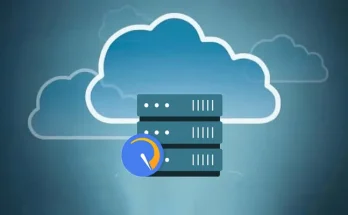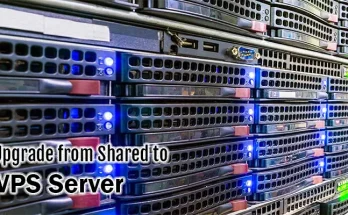Ever since Henry Ford invented the assembly line, there has been a battle between those who embrace innovation and those who prefer the status quo – sometimes referred to as the good old-fashioned way of doing things.
I contend that the best of both worlds lies somewhere in the middle of the two and embraces technology and automation without forgetting that behind every machine is a warm-blooded operator and an end user with a beating heart.
Using technological tools to enhance connection and communication with other people is a great application. Using them to replace human interaction – not so good.
Let me give you a couple of examples:
Email Marketing
Good: Sending a weekly, bi-weekly or monthly newsletter packed with useful information and a small amount of promotional stuff.
Not so good: Sending lots of “buy this from me” promotional messages with no attempt to provide information that the reader finds useful.
Good: Asking for permission to send email by using an opt-in process.
Not so good: SPAM-ing people by buying a list or adding them to your database without their permission.
Good: Scheduling 10-15% of your tweets to go out automatically but tweeting “in person” the rest of the time.
Not so good: Scheduling most or all of your tweets and almost never showing up “in person” to interact with your Tweeple.
The question I get asked most often about technology tools like Twitter, Facebook, LinkedIn, email marketing or blogging is, “Can these things help me grow my business and should I bother with them?”
My answer to both is twofold: Yes and No.
Yes, if you are planning to use these and other tools like them to build and strengthen your relationships with the people that you are doing business with already – or the ones you hope to do business with in the future.
No, if you plan to try and cut corners on the relationship-building part.
When I saw the most recent Star Trek movie it gave me hope because if even young Spock with his whiz-bang, off-the-charts technological thought process can come to realize that the humanity factor is significant, then there’s hope for the rest of us to get it right as we muddle our way through the Jetson-like changes going on all around us.





